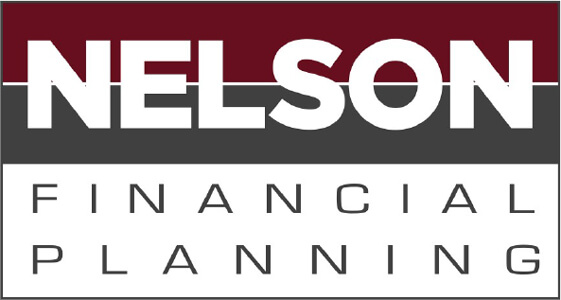Here at Nelson Financial Planning, we know our clients work hard at their jobs. Most also have a 401 (k), to which they contribute a portion of their paycheck every month. If you haven’t opened a retirement account yet, you should do so today, especially if your employer matches at least a portion of your contributions.
If you work hard and regularly put money into your 401 (k), don’t you think this retirement account should work as hard as you do? The unfortunate reality is that after you go through the hassle of opening up a 401(k), you’re often put into default options, like target-date funds.
What would happen if you tweaked your investments to increase your 401 (k)’ s annualized return by just 1% or 2%? Would you notice much of a difference once the time came to retire? Let’ s take a closer look.
Setting the Stage
For this example, let’s assume you’re 30 years old, make about $40,000, and put 14% of that— nearly $6,000 per year—into your 401(k). To keep the example simple, let’s say your employer doesn’t match your contributions. We can even assume your boss is a jerk and won’t ever give you a raise. Here’s how the numbers break down.
What an 8% Rate of Return Looks Like
At 8%, your $6,000-per-year 401(k) contribution will grow to just over $1 million in the 35 years between now and retirement. Not bad, but let’s see what happens when you increase the return by a percentage point or two.
How Much 1% Can Affect Your Return
When contributing the same amount of money over the same number of years, a 1 % increase in your rate of return boosts that $1 million to nearly $1.3 million after 35 years—a difference of $260,000 with no additional effort or income on your part.
How Much 2% Can Affect Your Return
Now, what if you earned a 10% rate of return? What could this 2% increase do for your retirement? Well, your account would shoot up to over $1.6 million. That’s a difference of almost $600,000 compared to an 8% rate of return!
Maximizing Your Return
It’s amazing just by tweaking your investments with better-performing funds, you could end up with 30% to 60% more money at retirement compared to choosing the default options. Perhaps that’s why Albert Einstein called compound interest the Eighth Wonder of the World.
If you’ve ever doubted the importance of knowing what investments you own, you can put those doubts to rest. It should now be easy to see why it’s critical to ensure your money is working as hard as you do.
Do you need help picking out the best investment opportunities? Are you unsure how to rebalance your portfolio? Feel free to give Nelson Financial Planning a call at 407-307-3061 or contact us online to set up a free consultation with a certified financial fiduciary. We’re always here to help.
- 8 Wonders1
- Bank Investments3
- Beating Inflation1
- Budget for Retirement3
- Corporate Transparency Act2
- Digital Currency1
- Energy Tax Credits1
- ESG Funds1
- Featured Blog0
- Financial Planning10
- Financial Success3
- Importance of Dividends2
- Investment Portfolio5
- Investment Strategy2
- IRA1
- Joel Garris1
- Nelson Financial Planning5
- Net Worth Improvement1
- Next Gen Dollars and Sense1
- Pension Plans1
- Retirement “Secure” Act2
- Retirement Planning2
- Retirement Regrets4
- Social Security3
- Tax Liability3
- Tax Planning6
- Year-End Tax Changes3






